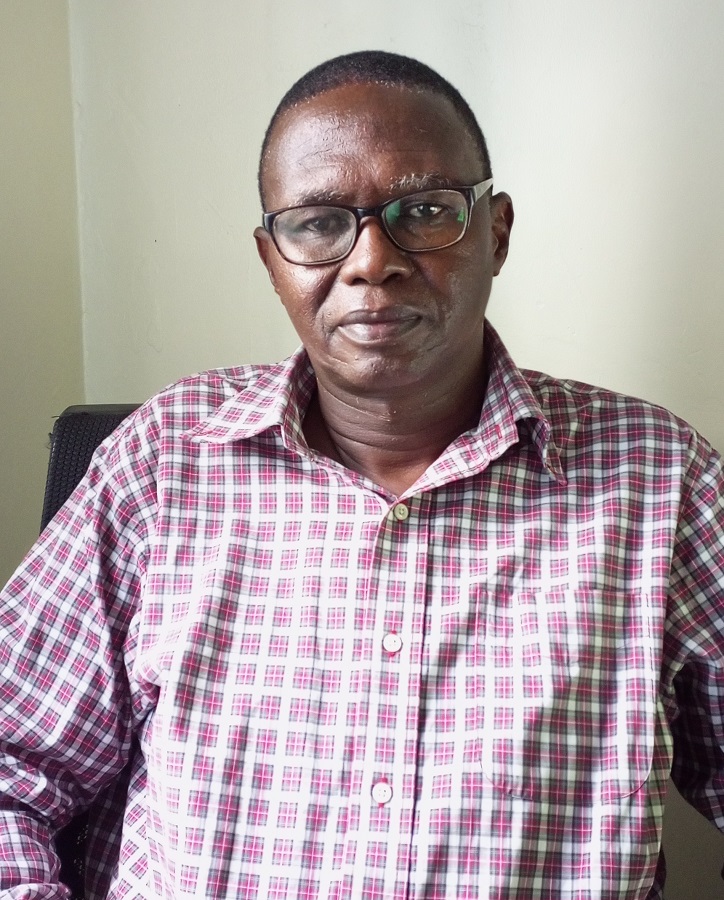Energy Charter Treaty undermining Uganda’s progress towards achievement of Nationally Determined Contributions
The Energy Charter Treaty (ECT) is an international agreement that was signed in 1994 with the aim of promoting and protecting foreign investment in the energy sector.

By Patience Katusiime
The Energy Charter Treaty (ECT) is an international agreement that was signed in 1994 with the aim of promoting and protecting foreign investment in the energy sector.
The ECT provides a framework for energy cooperation and trade and includes provisions for the settlement of disputes between investors and states.
Access to energy is a crucial element in the Realization of the Sustainable Development Goals (SDGs).
Energy access for all is one of the key drivers of inclusive growth as it creates opportunities for women, youths, and children both in urban and rural areas.
However, according to the African Development Bank, over 640 million Africans have no access to energy, corresponding to an electricity access rate for African countries of only 40 percent, the lowest in the world.
The Energy Charter Treaty has been the subject of controversy in the recent years due to concerns about its impact on climate change and environment.
The ECT has had negative impacts on the environment by promoting the use of fossil fuels and hindering efforts to promote renewable energy.
In addition, the ECT has been criticized for its provisions on investor- state dispute settlement (ISDS), which allow investors to sue states over regulations that they believe harm their investments. This has been seen as a threat to national sovereignty and the ability of states to regulate in the public interest.
The ECT lacks explicit safeguards to ensure alignment with climate objectives and emissions reduction targets. This perceived gap can hinder countries’ ability to take ambitious climate action without facing legal challenges.
Furthermore the ECT will promote the use of fossil fuels over renewable energy sources, which will be detrimental to Uganda’s efforts to transition to a low- carbon economy. Uganda has significant potential for renewable energy development, and investing in renewable energy will not only help to mitigate climate change but also provide economic benefits and provide jobs
The ECT is seen as an obstruction to the energy transition and it is undermining Uganda’s progress towards achieving a Nationally Determined Contribution (NDC).
NDC is a non-binding national plan highlighting climate change mitigation, including climate-related targets for greenhouse gas emission reductions.
These plans also include policies and measures governments aim to implement in response to climate change and as a contribution to achieve the global targets set out in the Paris Agreement.
NDCs are the first greenhouse gas targets under the UNFCCC (United Nations Framework Convention on Climate Change) that apply equally to both developed and developing countries.
NDCs contain steps taken towards emissions reductions and also aim to address steps taken to adapt to climate change impacts, and what support the country needs, or will provide, to address climate change.
All the goals for each country are stated in their NDC which are based on the , Climate neutral to 2050, Limiting global warming to well below 2 °C and pursuing efforts to limit it to 1.5 °C, Reduction in emissions of greenhouse gases (GHG), Increase adaptation to the harmful effects of climate change, Adjust financial flows so they can be combined with reduced GHG emissions.
Governments cannot have their hands tied while facing the climate emergency. They need to be free to adopt measures to quickly transform our economy and adapt to climate impacts.
The Energy Charter Treaty constitutes an obstacle to the clean energy transition. We are calling on political leaders in Uganda to priorities climate policies, to stick to their climate commitments.
By embracing this alternative approach, we can create a forward-thinking energy framework that addresses the urgency of the climate crisis, promotes renewable energy investments, fosters innovation, and ensures the active participation of all stakeholders. Together, we can build a sustainable energy future that benefits both current and future generations.
Patience Katusiime is the Program assistant, Environment Governance Institute Uganda







